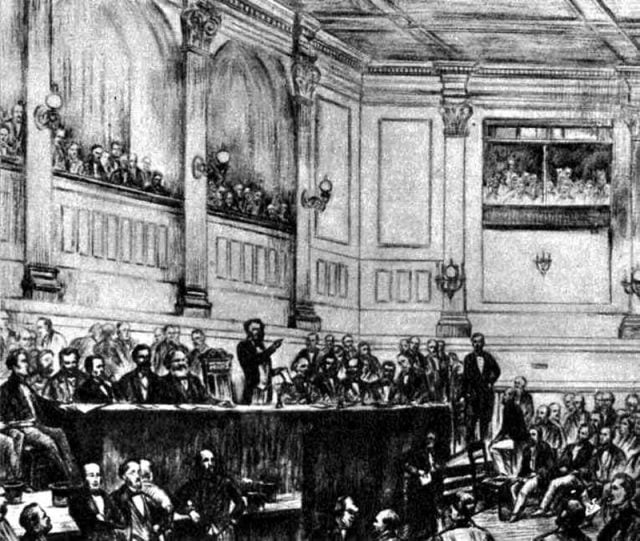
Jason van Tol
Words are vague entities, having different meanings for different people. Humour utilises this ambiguity, as in the undertaker who had to rehearse her job. This becomes pernicious, however, in political discourse. Consider that North Korea is officially the Democratic People’s Republic of Korea, or that the Liberal party of Australia opposes a Bill of Rights.
Bernie Sanders, who is no longer in the presidential race, was an outspoken supporter of socialism, which generated much controversy both in the US and internationally. The most common criticisms of socialism, communism, and anything that might be considered leftist, are based on twentieth century history and the ugly regimes that perpetrated their injustices under the banner of those words.
So socialism, as some people understand it, denotes Stalin’s gulags, the Khmer Rouge’s killing fields, Mao’s Great Leap Forward and the attendant deaths of millions. Those are all good reasons to be opposed to whatever ideological label is attached to them. But surely Sanders can’t be suggesting those things; they’re pretty detestable policies to run on. Does socialism mean anything else?
Working class rights
In 1864 the International Workingmen’s Association, usually called the First International, held its first meeting in London. It was the peak body of socialists, communists, anarchists, trade unionists, and anyone participating in the working class movement.
The central goal of that movement has always been the abolishment of wage labour, or employment, since working under the direction and control of someone else is dehumanising and alienates workers from their work. In place of employment, the goal of the working class is control over their work by gaining ownership of the means by which they carry it out. So for example, those who work in a restaurant should own the restaurant and whatever tools, machinery, and other assets they use to do their job. This much was agreed upon by all of those in the First International.
Question of how?
The controversy, however, was about how to achieve this goal. On one side were those led by Karl Marx, who believed the working class needed to seize control of the government and use the state to accomplish its ends. On the other side were those led by Mikhail Bakunin, who believed that non-governmental means, from below, must be used.
These two sides are sometimes referred to as authoritarian socialism and libertarian socialism respectively, or more generally as Marxism and anarchism respectively. Occasionally one might also hear them referred to as right Marxists and left Marxists, though this can lead to confusion, and it is probably more accurate to think of them as top-down versus bottom-up socialists. What’s important to understand is that both are kinds of socialism with the same nominal goal, but with very different means of getting there. The tension between these two factions eventually led to a split in the International in 1872.
In his Statism and Anarchy, Bakunin famously, and presciently, proclaimed that following Marx’s program of governmental, authoritarian means would result in a leadership becoming just as bad as the ruling class they had replaced.
‘Anyone who doubts this,’ Bakunin wrote, ‘is not at all familiar with human nature.’ So despite the best intentions of Lenin, Mao, Pol Pot, and other authoritarian socialists, twentieth century history has proved Bakunin correct.
While significant changes in technology and social organisation have occurred in the past century-and-a-half, the basic antagonism remains between the minority who rule, and the majority who are ruled. This rift is not just a plaything of political philosophy; the injurious consequences of decision-making by the few, enforced by state-sanctioned violence, grow by the day.
Justification
Noam Chomsky, who is perhaps the foremost contemporary expositor of anarchism, has repeatedly identified the core principle of anarchism as the need for systems of power and authority to justify themselves, that the use of force is never self-justifying. But so long as we have economic domination, where most people must ‘perform work, under the direction and control of their employer,’ to quote the Australian Government Fair Work Ombudsman’s definition of employment, political democracy alone is insufficient in ensuring human freedom.
Moreover, the late Murray Bookchin posited that human domination of nature stems from human domination of one another, principally, but not exclusively, through economic relationships. It is only through local self-control, joined wherever hierarchy is necessary by democratic systems, that we might hope to create a world that is both desirable and sustainable.




So clearly shows the truth Loved the article
I once read of a sign on a lift in China:
‘The lift is out of order, so today you are unbearable.’
Socialism is communism without the enforcement
No ifs or butts ..